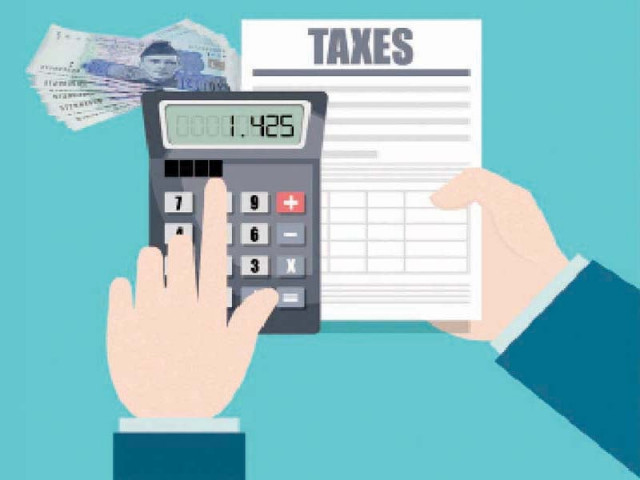‘Another round of sales tax exemptions withdrawal likely in June’
FBR chief's list of items prone to 17% GST includes food items, educational books, imported parts of electric vehicles

Federal Board of Revenue (FBR) Chairman Dr Muhammad Ashfaq said on Wednesday that the remaining sales tax exemptions could be withdrawn in June’s budget, fuelling angst in the opposition lawmakers who berated the government over the looming “inflationary storm” ensuing from the withdrawal of Rs343 billion exemptions through mini-budget.
The tax chief said that few exemptions that have still remained would be withdrawn in the next budget cycle, subject to “political will”.
He was speaking during the first session of the Senate Standing Committee on Finance that met here to consider approval of the mini-budget to the tune of Rs375 billion.
However, members belonging to the government’s allied parties, the MQM and PML-Q, did not attend the standing committee meeting.
The FBR chairman explained that the decision regarding some general sales tax (GST) exemptions - that remained unchanged – has been deferred for the future, including the ones on fertilisers, agriculture, food and pesticides.
He shared a list of several items prone to 17% tax in the upcoming budget. The list includes food items, fresh poultry, milk, fat-filled milk, sugarcane, educational books, imported parts of computers and laptops, imported parts of electric vehicles, fertilizers, pesticides, agriculture tractors and imported plants and machinery.
Read More: Businesses to file only one sales tax return
Giving grounds for the mini-budget, the chairman said that the International Monetary Fund (IMF) had initially demanded a withdrawal of Rs700 billion exemptions. However, the Fund pared it down to Rs343 billion after negotiations with the government.
The approval of the finance bill, seeking to amend certain laws related to taxes and duties, and the State Bank of Pakistan (Amendment) Bill 2021, is necessary to ensure Pakistan’s sixth review of the $6 billion Extended Fund Facility (EFF) is cleared by the IMF’s Executive Board. The board is scheduled to meet on Jan 12 to decide about the disbursement of a nearly $1bn tranche.
However, the chairman’s statement indicates further problems for the government even if the IMF approves Pakistan’s loan request.
‘Inflationary storm to ensue from mini-budget’
Speaking in the House, Senator Talha Mehmood of JUI-F, chairman of the Senate Standing Committee on Finance, cautioned that an “inflationary storm” will follow soon after the implementation of the mini-budget, as costs of a range of items from cars to medicines will become dearer.
The FBR chief maintained that the pharmaceutical sector can claim refunds against 17% tax paid at inputs. He said that due to refund payments to pharmaceutical companies, the prices of the medicines will be reduced by 15% to 20%.
“Are you committing that the prices of the medicines will go down by 15% to 20% as a result of zero-rating of pharmaceutical sectors”, questioned Dr Malik.
“There is no commitment that the prices would go down but what I said that these should go down," replied Chairman FBR.
The standing committee decided to call the representatives of the Drug Regulatory Authority of Pakistan (DRAP) on Thursday (today) to seek their input.



















COMMENTS
Comments are moderated and generally will be posted if they are on-topic and not abusive.
For more information, please see our Comments FAQ